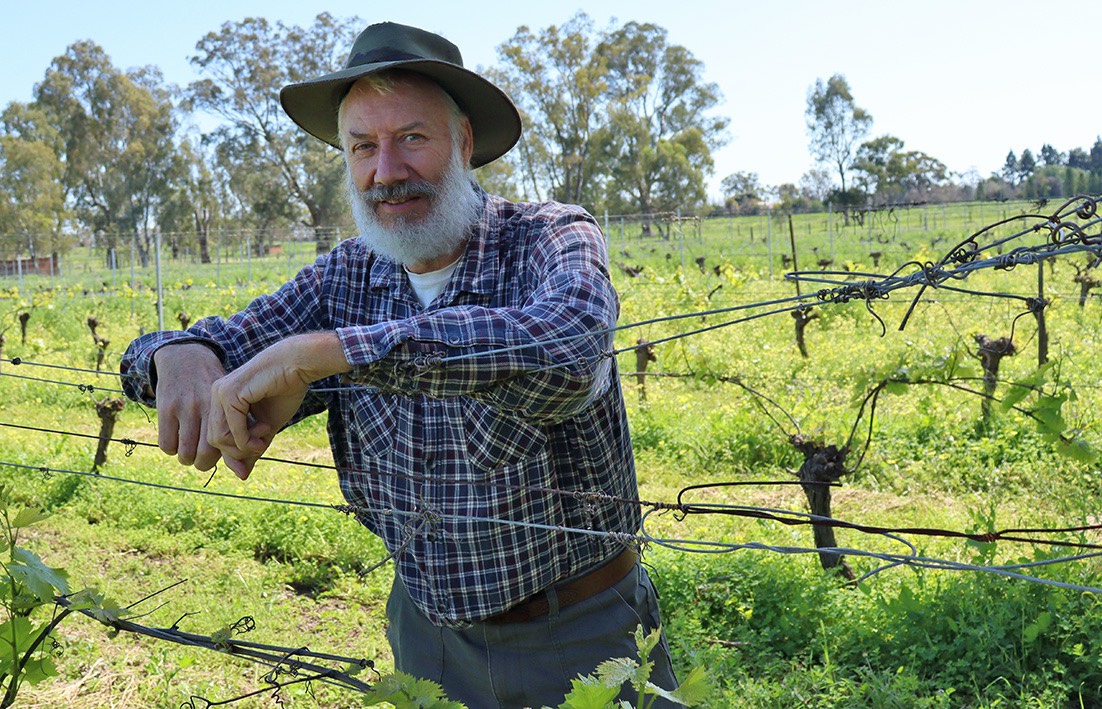You must log in or register to comment.
Changes to liquor policies explained
For those interested in the changes being implemented, below is from the website.
What has changed?
The Director Liquor Licensing (DLL) has reviewed the former suite of 54 liquor licensing policies to reduce duplicated or outdated requirements.
A new, consolidated suite of 14 policies has been introduced that make it easier to do business in Western Australia, helping to promote a vibrant local hospitality and tourism industry.
The core requirements of most policies have remained the same, in line with the Liquor Control Act 1988.
The policies are in effect from 29 August 2024.
Key changes:
- Under 18s can now clear used glasses along with dirty plates as part of the approval for juveniles to be on a licensed premises policy.
- Applicants can use planning documents such as a development approval or occupancy certificate to support their application.
- The entertainment condition policy has been updated to set out which licences the entertainment condition is imposed on.
- Applicable conditions under the extended trading permits (ETPs) policy are less onerous. For example, it is now possible to apply for extra trading hours when a WA-based band is playing rather than only interstate acts; and for extended trading hours to be granted on a Sunday before a gazetted Monday public holiday.
- The fire safety standards for licensed premises policy remain substantially the same, but are more clearly described.
- The harm minimisation plan policy documentation has been streamlined so that only 1 document is needed instead of 3. The description of what applicants are asked to provide is clearer and includes some practices that mitigate risk to assist applicants.
- The lodger’s policy more clearly sets out those requirements, including that a lodger can have 6 adult guests, and licensees can apply for an increase to the number of adult guests when alcohol is being consumed outside of trading hours.
- The occasional licence policy has been updated, more clearly setting out those requirements.
- The old public interest assessment policy has been replaced with a simpler form which allows the applicant to more easily explain why the application is in the public interest.
- The residential premises policy provides updated information on the limited circumstances under which a residence may be a licensed premises.
- The responsible promotion and advertising of alcohol requirements remain substantially the same, including that promotions must not encourage the rapid or excessive consumption of alcohol.
- The security licensing conditions policy explains what factors make an event or premises high risk, and under what circumstances the DLL may relax standard security requirements if there are appropriate harm minimisations strategies in place.
- The special facility licences policy now contains clearer information on the operational requirements of each prescribed type of licence, with outdated restrictions on certain licence types removed.
- The temporary bars policy remains substantially the same but the licensing arrangements are more clearly described.
- The old Producer’s licence policy has been removed. Producers are no longer required to have 1.5 hectares of vines or the ability to produce 5000 bottles of wine per year.


